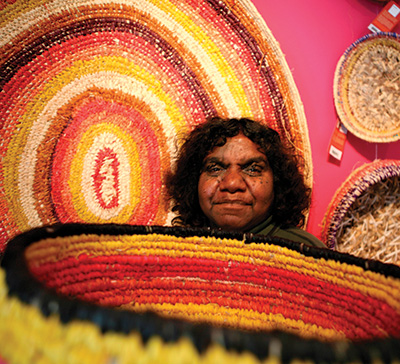Practical effects of the ACNC
In the 2011-2012 Budget, the Federal Government announced reforms to the regulation and governance of charities and not-for-profit (NFP) organisations. The reforms are aimed at rectifying inadequacies in the current framework by simplifying how the NFP sector is regulated. The effect will be the reduction of red tape, in addition to improving public trust and support of the NFP sector by increasing transparency and accountability and ensuring tax concessions are correctly utilised.









